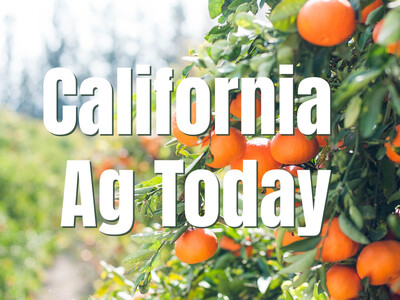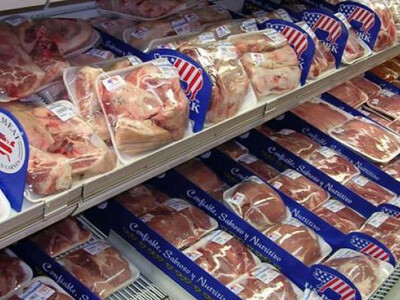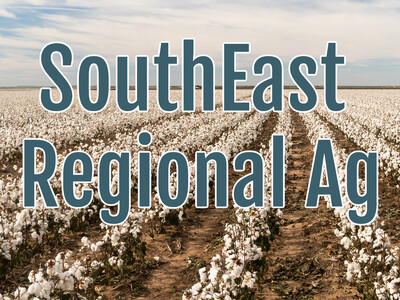Proposed Brewers Rules & Billion Ton Study
Proposed Brewers Rules & Billion Ton Study plus Food Forethought. I'm Greg Martin with today's Northwest Report.Back in 2011 the Billion Ton Study was done detailing U.S. biomass feedstock potential nationwide. The report examines the nation's capacity to produce a billion dry tons of biomass resources annually for energy uses without impacting other vital U.S. farm and forest products, such as food, feed, and fiber crops. Lillian Salerno, RD Administrator, talks about the Billion Ton Study.
SALERNO: We have the capacity to provide one-billion tons of biomass per year by 2030 and id we capitalize on that the innovative manufacturing processes that come out and the effect on the supply chain that this is a possibility of hundreds of thousands of jobs.
Brewers in Oregon are fighting a proposal that would place restrictions on the historic practice of using spent grain as animal feed. The practice has been used for a long time by brewers and saves both farmers and the brewers money. The FDA proposal says that brewers would have to dry the the wet grains before giving them away in an effort to insure the byproduct is safe for animals to eat. Most brewers say that would be prohibitive and cause them to have to simply dump the leftover grain in a landfill. Oregon Senator Ron Wyden is working with brewers on the issue.
Now with today's Food Forethought, here's Lacy Gray.
I have talked in the past about eating instead of spraying my yard's seemingly never-ending supply of dandelions, even my grandchildren know that our yard's over abundance of dandelions is good for more than making fun dandelion chains. I made the mistake however of telling them that some of Nana's pretty flowers are also edible. Now I have to make sure that they're only smelling the roses! Though rose petals are perfectly edible and have been used in different ethnic cuisine for centuries. In fact, using flowers for culinary purposes dates back thousand of years. Personally, I think it is a wonderful way to add flavor, color and downright fun to certain dishes. There are more choices out there than you can probably imagine and can be used in salads, pastas, desserts and drinks. You do have to be cautionary though when choosing to use flowers in your cooking. Always make sure that you're consuming flowers that you know are safe to eat and preferably ones you have grown yourself so you know they have not been treated with any pesticides or other chemicals. Remember also if you are interested in trying flowers in your cooking, be sure to consult one of the numerous reference books on edible flowers first.
Thanks Lacy. That's today's Northwest Report. I'm Greg Martin on the Ag Information Network.















